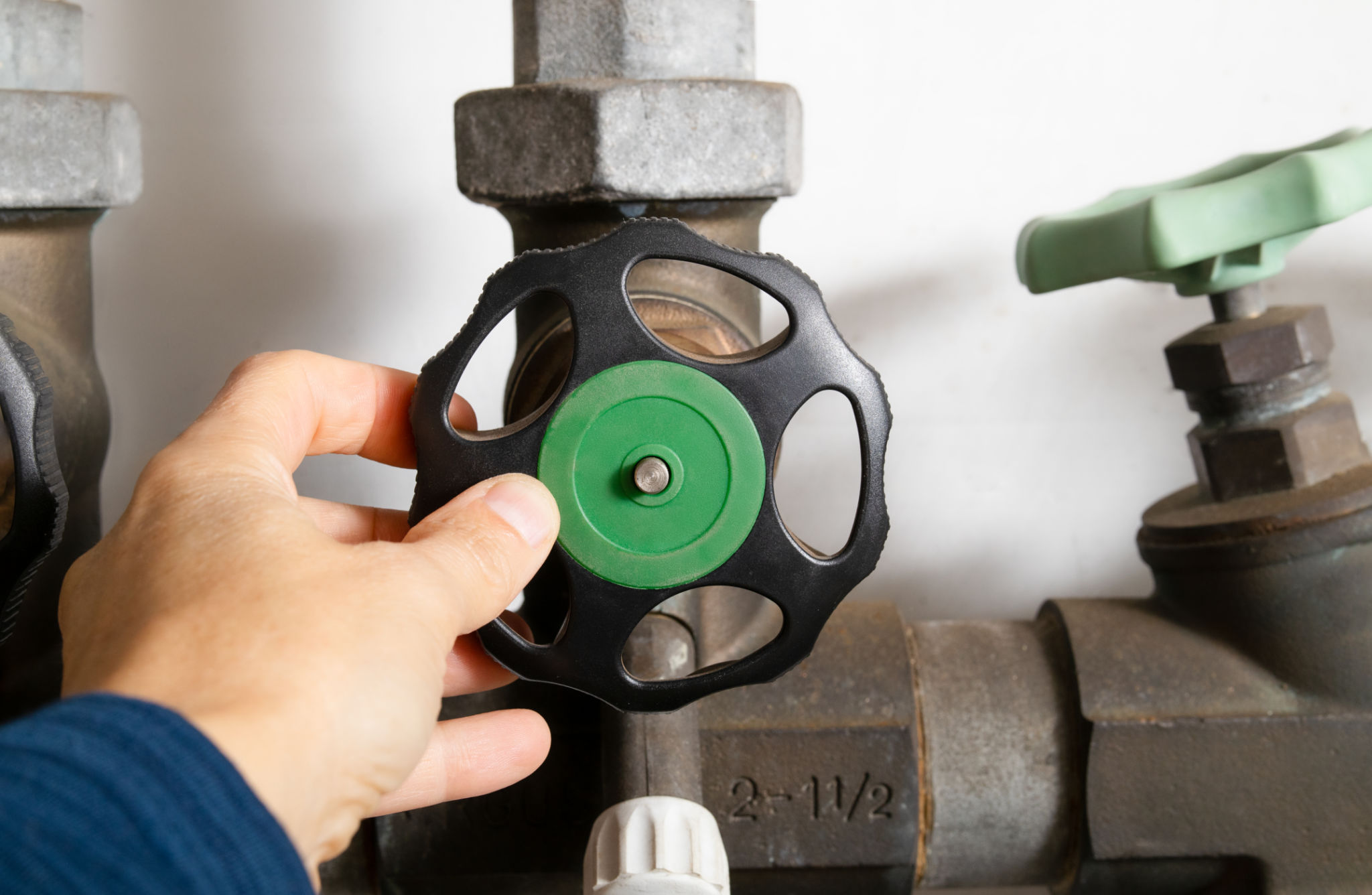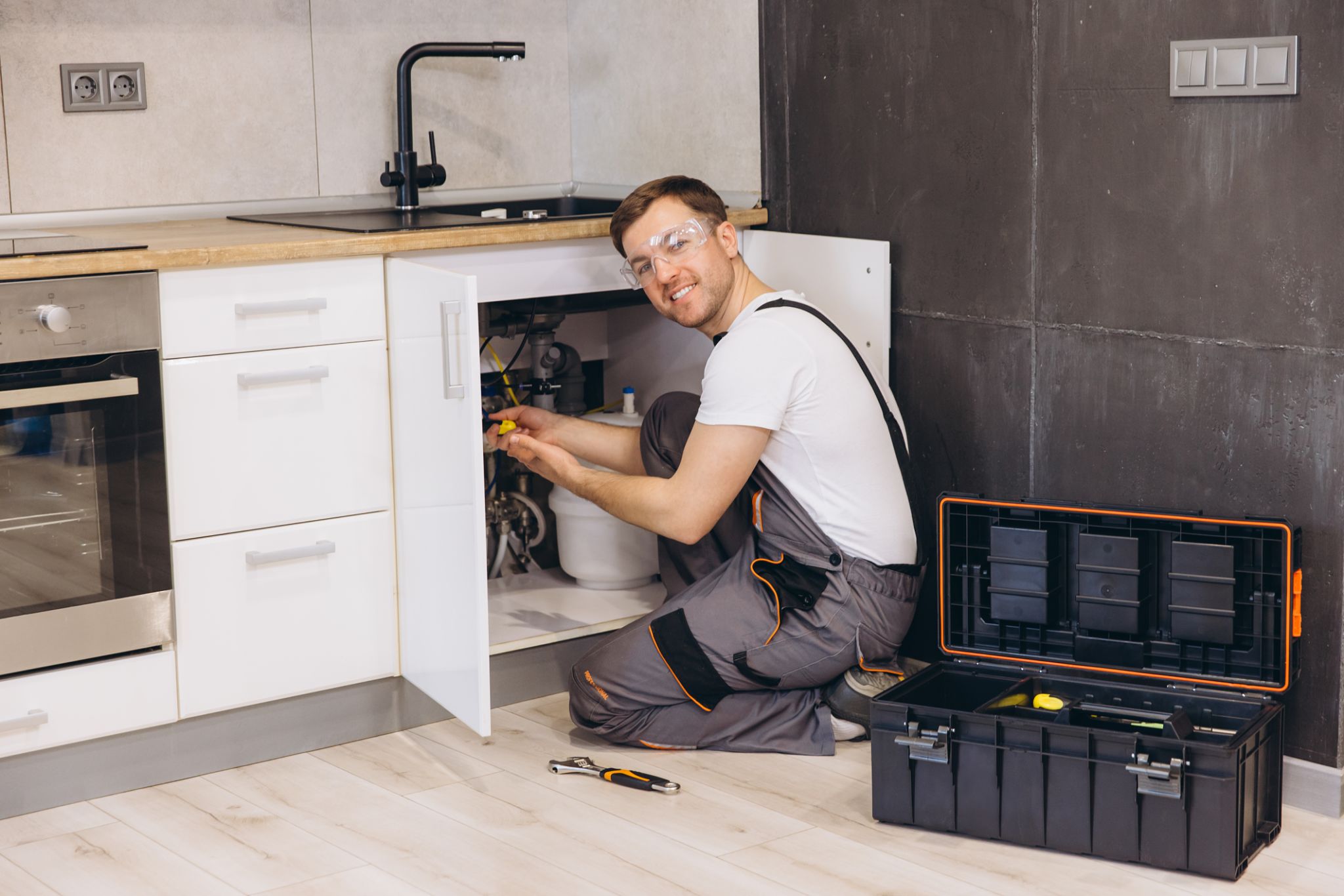DIY Backflow Valve Maintenance: What You Can Do Before Calling a Professional
Understanding the Importance of Backflow Valves
Backflow valves are crucial components in your plumbing system, preventing contaminated water from flowing back into your clean water supply. Regular maintenance ensures they operate efficiently, safeguarding your health and home. While professional maintenance is recommended, there are several steps you can take to ensure your backflow valve remains in good condition.

Inspecting Your Backflow Valve
The first step in DIY backflow valve maintenance is a thorough inspection. Check for any visible signs of wear and tear, such as cracks or leaks. Ensure the valve is securely attached and that there are no obstructions that could hinder its function. Regular inspections can help identify potential issues before they escalate.
Tools You Might Need
To perform a basic inspection, you may need a flashlight to see into hard-to-reach areas and a wrench for tightening any loose parts. Having these tools on hand can make your inspection more effective and efficient.
Cleaning Your Backflow Valve
Dirt and debris can accumulate, affecting the valve's performance. To clean it, turn off the water supply and remove any visible debris around the valve. Use a soft brush to gently scrub away any dirt on the surface. This simple step can prevent blockages and improve the valve's longevity.

Checking for Leaks
After cleaning, it's essential to check for leaks. Turn the water supply back on and observe the valve for any dripping or pooling water. If you notice leaks, it might indicate a need for professional repair. However, ensuring all connections are tight could resolve minor issues, saving you time and money.
Testing Valve Functionality
Once you've inspected and cleaned the valve, test its functionality. This can often be done by observing the water flow when the valve is in different positions. Listen for any unusual sounds, such as whistling or clanging, which may suggest underlying problems.

Keeping Records
Documenting your maintenance efforts can be beneficial, especially when consulting with professionals. Keep a record of each inspection, noting any observations or actions taken. This information can provide valuable insights into your system's condition over time.
When to Call a Professional
While DIY maintenance can be effective, certain issues require professional expertise. If you encounter persistent leaks, unusual noises, or if the valve fails to operate correctly, it's time to call in a professional. Experienced plumbers have the tools and knowledge to address complex issues safely and effectively.
Maintaining your backflow valve doesn't have to be overwhelming. By following these simple steps, you can ensure your plumbing system remains in top condition while potentially saving on costly repairs. However, don't hesitate to seek professional help when necessary, as they can provide peace of mind and ensure your system operates safely.